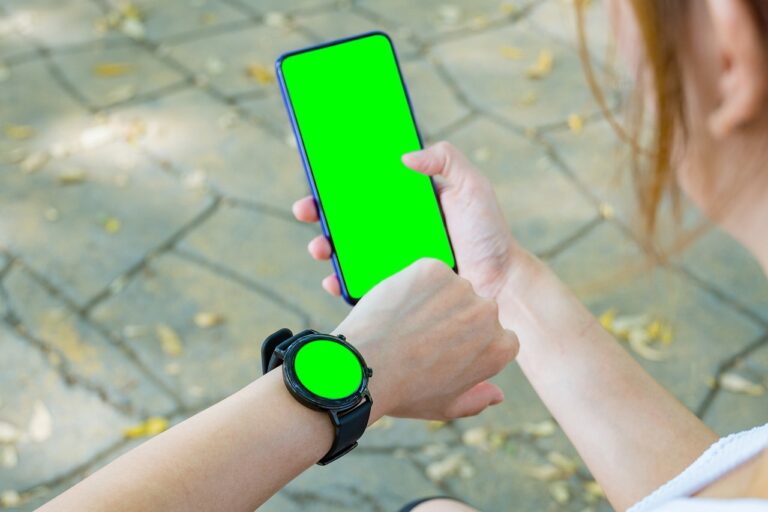Using Gamification to Enhance Patient Engagement in Therapy
Laser247, lotus365, sky247 login: Gamification has become a popular strategy in various fields to enhance user engagement and motivation. One area where gamification is proving to be particularly beneficial is patient therapy. By integrating game elements into therapy sessions, healthcare providers can make the process more enjoyable and interactive for patients, leading to improved outcomes and greater adherence to treatment plans.
Through the use of gamification, patients can be more actively involved in their therapy sessions. By incorporating game elements such as rewards, challenges, and competition, therapy sessions become more engaging and motivating. This not only helps patients stay focused on their treatment goals but also fosters a sense of accomplishment and progress, which can boost their overall mental well-being.
One of the key benefits of using gamification in therapy is that it can help patients track their progress more effectively. By incorporating visual progress bars, achievement badges, and other game elements, patients can see how far they have come in their therapy journey, which can be incredibly motivating. This can help patients stay committed to their treatment plans and push through any challenges they may encounter along the way.
Another advantage of gamification in therapy is that it can make therapy sessions more personalized and tailored to the individual needs of each patient. Game-based therapy programs can be customized to address specific goals, preferences, and challenges, allowing patients to feel more connected to their treatment plan. This personalized approach can lead to better outcomes and a more positive overall therapy experience for patients.
Furthermore, gamification can help patients develop important skills and coping strategies that can be applied outside of therapy sessions. By engaging in interactive games and activities, patients can practice new behaviors, learn relaxation techniques, and build resilience in a fun and engaging way. These skills can then be transferred to real-life situations, helping patients better manage their mental health and well-being in the long run.
In conclusion, gamification is a powerful tool that can enhance patient engagement in therapy and improve treatment outcomes. By incorporating game elements into therapy sessions, healthcare providers can create a more interactive and motivating environment for patients, fostering a sense of progress, accomplishment, and empowerment. As gamification continues to gain popularity in the healthcare industry, we can expect to see even more innovative and effective approaches to therapy that prioritize patient engagement and well-being.
FAQs
Q: How can gamification benefit patient therapy?
A: Gamification can enhance patient engagement, motivation, and adherence to treatment plans, leading to improved therapy outcomes.
Q: Are there any risks to using gamification in therapy?
A: While gamification can be highly beneficial, it is essential to ensure that game elements are used appropriately and do not overshadow the therapeutic goals of the sessions.
Q: How can healthcare providers implement gamification in therapy?
A: Healthcare providers can work with game designers and developers to create customized game-based therapy programs that align with the specific needs and goals of their patients.







